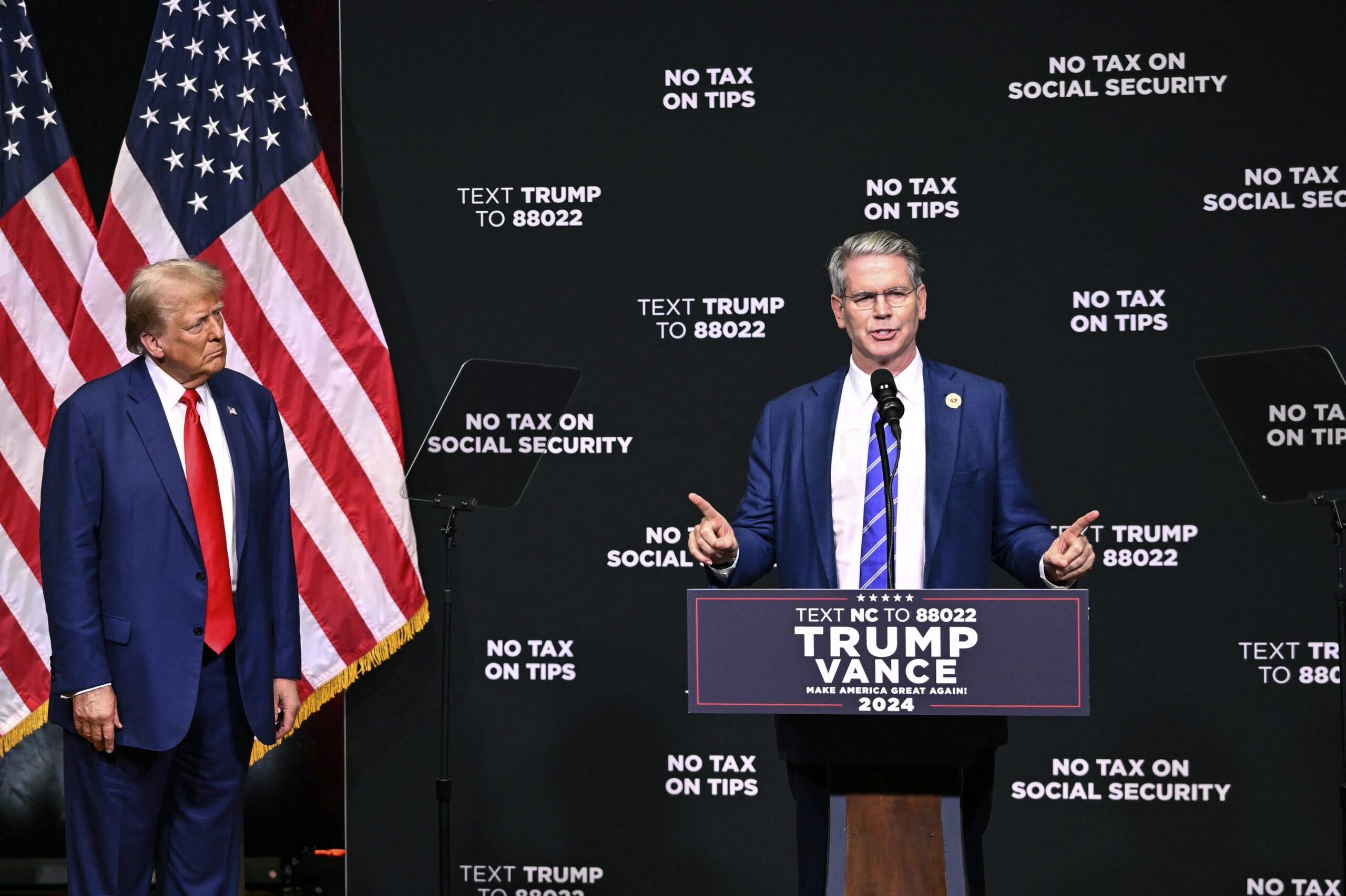Scott Bessent, who has been appointed by former President Donald Trump as the Secretary of the Treasury, has made headlines with his announcement to divest from a range of assets. This decision is seen as a proactive measure to address concerns regarding potential conflicts of interest that may arise from his financial portfolio while serving in a high-ranking government position. Bessent’s move is part of a broader commitment to uphold ethical standards and transparency within the Treasury Department.
Bessent, who has a background in finance and investment management, has been under scrutiny since his appointment. Critics have raised questions about how his existing financial interests could impact his decision-making in a role that oversees the nation’s economic policies and financial regulations. By choosing to divest from certain assets, Bessent aims to alleviate these concerns and demonstrate his dedication to serving the public interest without the influence of personal financial gain.
The divestment process will involve selling off various investments that could be perceived as conflicting with his duties as Treasury Secretary. This includes assets in sectors that are heavily regulated by the government, such as banking, finance, and energy. Bessent has stated that he is committed to ensuring that his financial interests do not interfere with his responsibilities, and divesting from these assets is a crucial step in that direction.
In his announcement, Bessent emphasized the importance of maintaining public trust in government officials. He acknowledged that the perception of conflicts of interest can undermine confidence in the Treasury Department and its ability to effectively manage the nation’s economic policies. By divesting from assets that could raise ethical questions, Bessent hopes to reinforce the integrity of the office he holds.
The decision to divest is not without precedent. Previous Treasury Secretaries have faced similar challenges regarding their financial holdings. The expectation for government officials to separate their personal financial interests from their public duties has become increasingly important in recent years, particularly in light of heightened scrutiny on government ethics. Bessent’s proactive approach to divestment may set a new standard for future appointees in the Treasury and other government positions.
Bessent’s background in finance includes significant experience in investment management, having previously served as the Chief Investment Officer at a major investment firm. His expertise in the financial sector is seen as an asset to the Treasury, but it also raises questions about how his past investments may influence his current role. By divesting from certain assets, Bessent aims to mitigate any potential conflicts that could arise from his previous professional engagements.
The divestment process is expected to be thorough and transparent. Bessent has indicated that he will work closely with legal and financial advisors to ensure that the divestment is conducted in accordance with all applicable laws and regulations. This includes adhering to the guidelines set forth by the Office of Government Ethics, which provides oversight for federal officials’ financial disclosures and potential conflicts of interest.
As Bessent moves forward with his divestment plan, he will also be focusing on the broader economic challenges facing the country. The Treasury Department plays a critical role in shaping fiscal policy, managing the national debt, and overseeing the financial system. Bessent’s ability to navigate these complex issues will be closely watched, especially as the nation continues to recover from the economic impacts of the COVID-19 pandemic.
In conclusion, Scott Bessent’s decision to divest from various assets reflects a commitment to ethical governance and transparency in his role as Treasury Secretary. By taking this step, he aims to address concerns about potential conflicts of interest and reinforce public trust in the Treasury Department. As he embarks on this new chapter in his career, Bessent’s actions will be scrutinized not only for their immediate impact on his financial holdings but also for their implications for the broader economic landscape.



